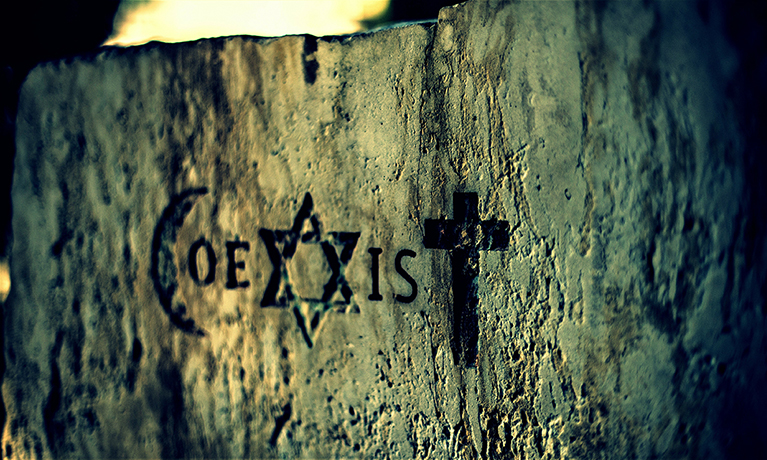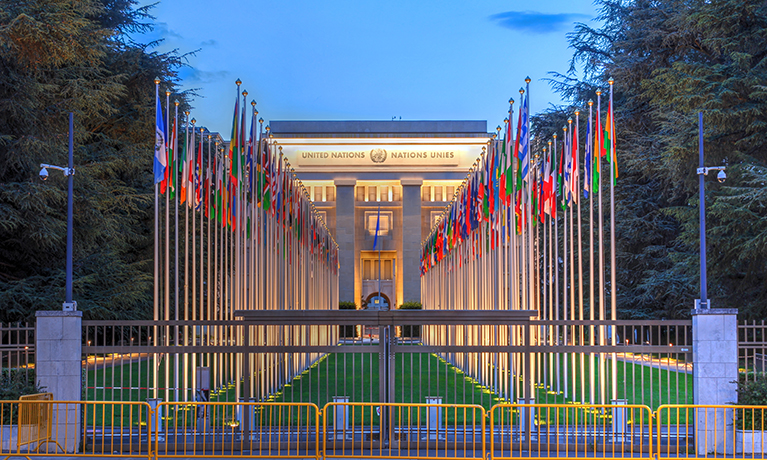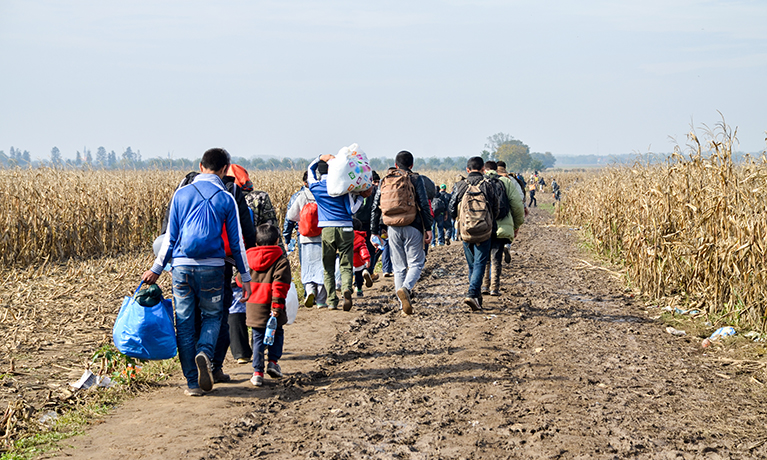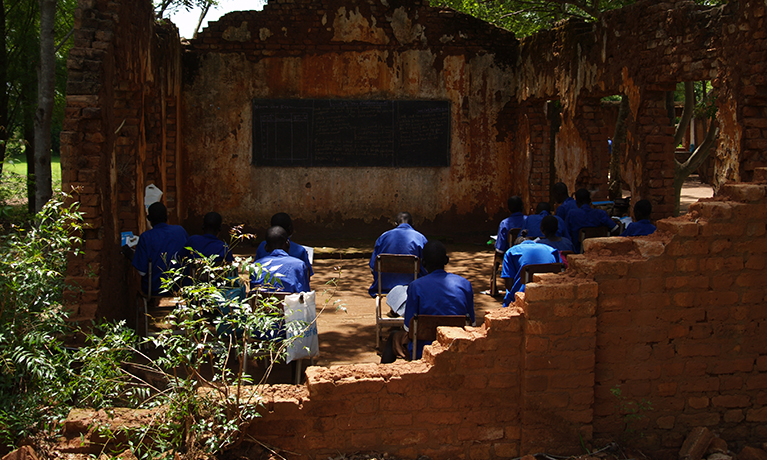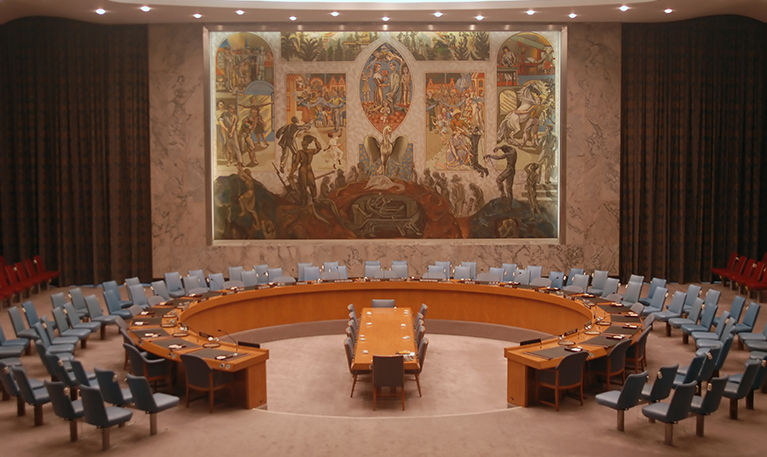Our research themes
Researchers at the Centre for Peace and Security operate within an effective interdisciplinary research environment, collaborating across the Centre and beyond through research themes which define our current areas of work and provide a framework for joint research and funding applications.
Each research theme has a strong practical focus on developing and embedding research at the local, national and international levels, generating local solutions which can have global impact and resonance.
